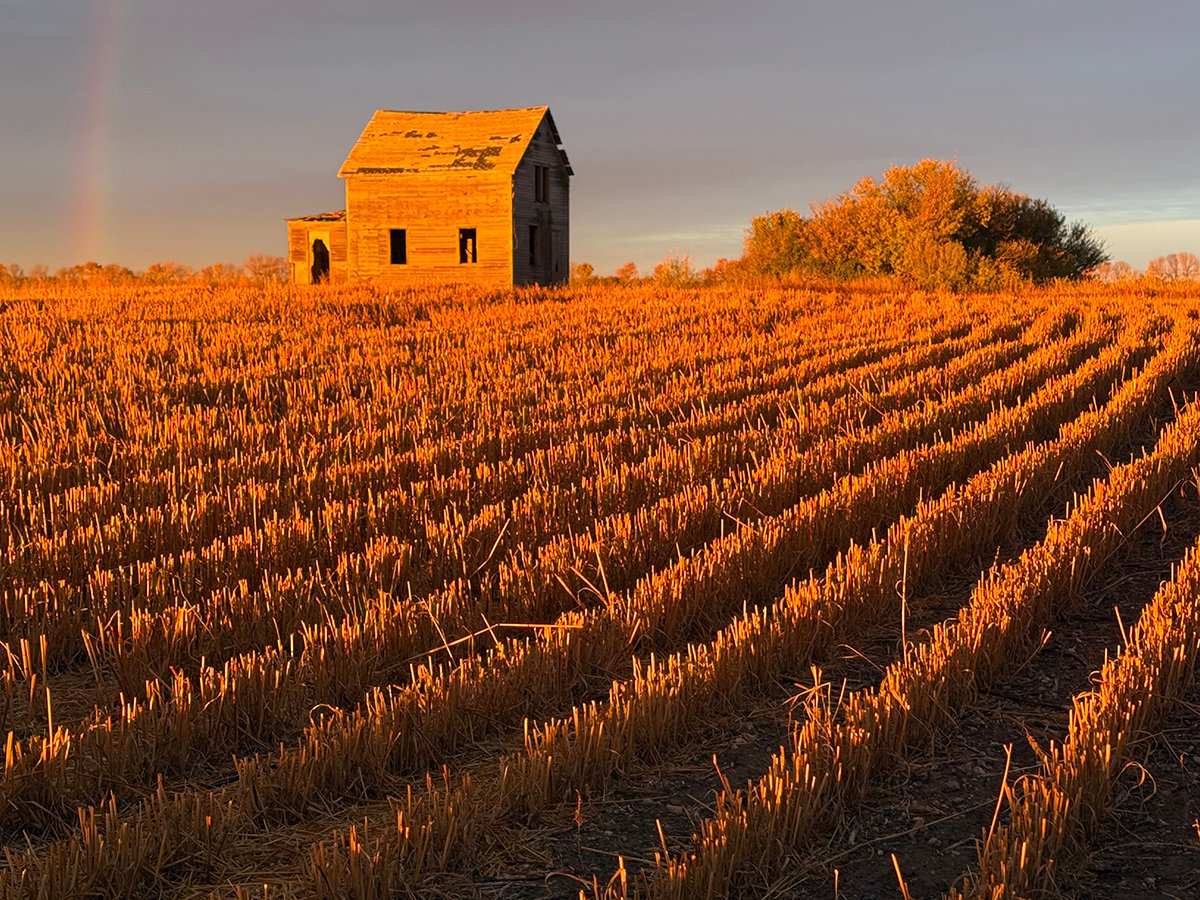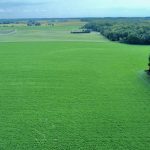The recently re-elected Manitoba NDP government gets praise from farm groups for some elements of its throne speech, which commits to getting education tax off of farmland and to improving provincial flood and water management.
But most were alarmed to see the government once more name the hog industry as a cause of environmental problems.
“They don’t seem to be backing away from that,” said Doug Chorney, president of Keystone Agricultural Producers, about a line in the speech specifically mentioning “unsustainable hog industry practices.”
Read Also

Forecast leans toward cooling trend
July saw below average temperatures, August came in with near to slightly above average temperatures and September built on this warming trend with well above average temperatures for the month.
Manitoba Beef Producers manager Cam Dahl was also worried by the following paragraph, which raised again the worry that farmers in general would get blamed for Lake Winnipeg’s problems.
“All of agriculture has raised concerns about that,” said Dahl.
The line in the speech that most worried farm groups was:
“Our natural heritage is also essential to the quality of life in this province. Our government will follow through on the unanimous vote of this house to protect our water, including expanding the moratorium on unsustainable hog industry practices.”
Farm groups hoped the following lines were more positive and suggesting co-operation, rather than blame.
“We will work with agribusiness to find ways to protect our water and the sector’s future prosperity.”
Dahl said he hoped the use of the term “agribusiness” rather than “farmers” didn’t reveal a negative outlook of the government.
But he was pleased that the government directly acknowledged the problems still being caused by the floods of 2011 and recent years in the Interlake.
“Perhaps there’s hope there for comprehensive watershed management,” said Dahl. “There’s an acknowledgement that the flood isn’t over. We see ongoing impacts throughout Manitoba. I see the speech as acknowledging that fact.”
Chorney was pleased that the government reiterated its commitment to getting education taxes off of farmland.
“We were really pleased to see that.”
And he, like Dahl, was pleased that the government said that water quality protection includes “all people, in all sectors of the province,” rather than just farmers.
“We’re encouraged somewhat that they say they’re going to be looking at all stakeholders, not just agriculture,” said Chorney.
“I hope they got the message from agriculture during the election that this is a big concern for us.”
Karl Kynoch, chair of Manitoba Pork Council, was disappointed but not surprised by the direct public shot at hog farmers.
“It’s nothing different from what they were saying in the election.”
But Kynoch said he was hopeful that the premier and agriculture minister would listen to farmers’ concerns when crafting and approving regulations for the Save Lake Winnipeg Act.
The next two months will tell us a lot,” said Kynoch.
———
“access=subscriber section=news, none, none















